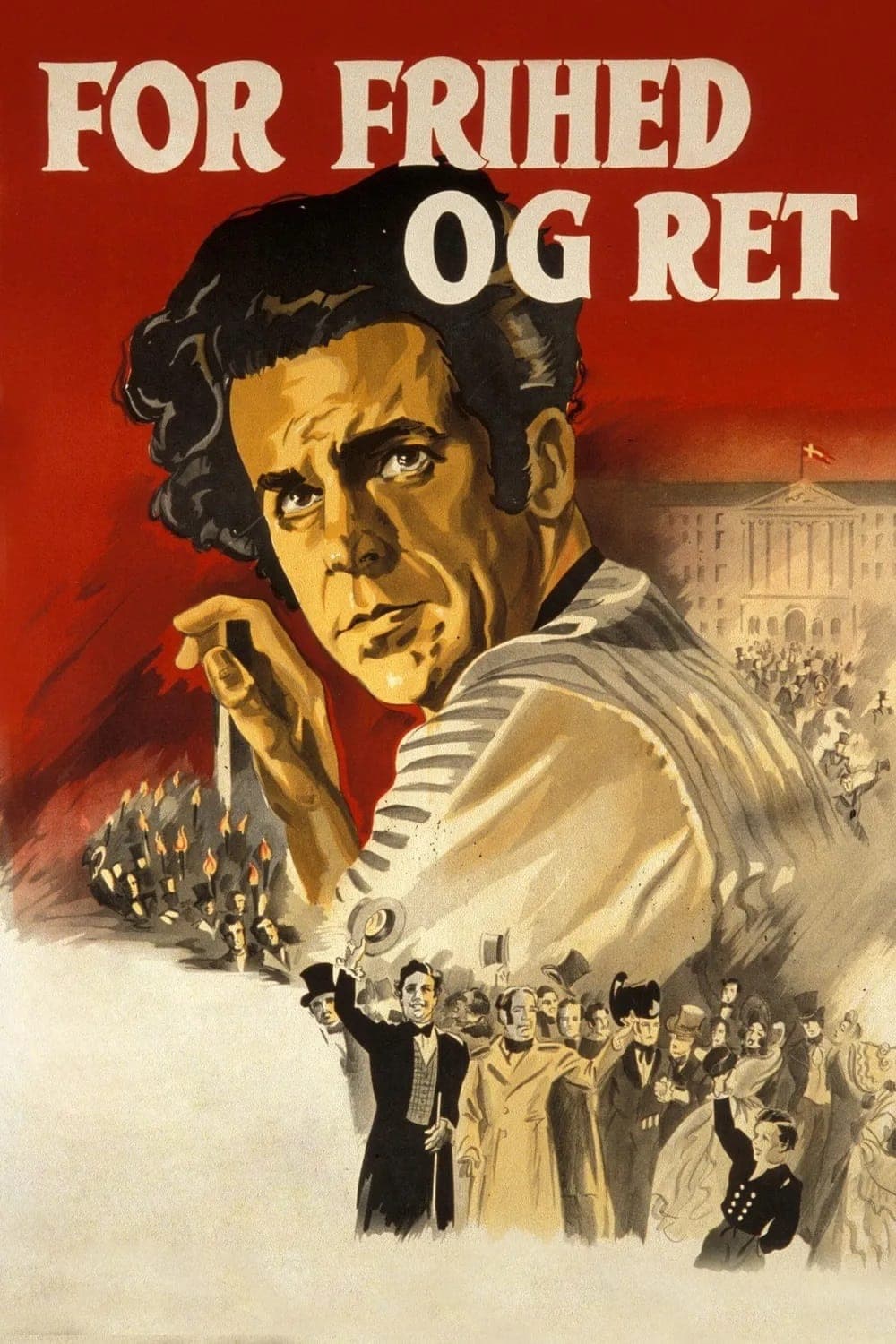Bickels [Socialism]
Oct 22 2016
•2h 32m
•Documentary
The ‘Casa do Povo’ cultural centre in São Paulo, an icon of the secular Jewish workers’ movement: a crumbling theatre flanked by staircases, entryways and corridors. Construction noise drones away in the background, clinking crockery, a broom sweeping over tiled floors, an expressive façade of countless adjustable panes of glass covered by a patina. It’s October 2016 and a group of young people are preparing a preview of Bickels [Socialism]. The venue is to form a prologue to the completed film, which tours 22 buildings in Israel designed by Samuel Bickels, most of which for kibbutzim. Dining halls, children’s houses, agricultural buildings, bright structures inserted into the Mediterranean landscape with great ingenuity. An architecture with a sell-by date: That many are now empty or have been repurposed at best is linked to the decline of the socialist ideals they embody.
Cast
See allGalia Bar Or
Voice
Recommendations
See all![2 + 2 = 22 [The Alphabet]](/_next/image?url=https%3A%2F%2Fimage.tmdb.org%2Ft%2Fp%2Foriginal%2FxZmFnEC2gNQq2NjIpoLYaws5TRO.jpg&w=3840&q=75)
2 + 2 = 22 [The Alphabet]
Worn-down pavements, broken paving stones. Trees that jut out of the concrete, casting shadows on to crumbling façades. The centre of Tbilisi in the summer of 2013. Glimpses of side and main streets, over railings and under balconies, of an architectural cacophony. The voiceover spoken by Natja Brunckhorst reflects on the nature of streets and public spaces.

Sapphire Blue
Gwen has just discovered, that she's the final member of the secret time-traveling Circle of Twelve. Now she has to juggle with constant trips to the past, her relationships with Gideon and figuring out dark secrets surrounding the Circle.

Scooby-Doo: Agence toutou risques, vol. 1 : Le voleur de vélo

For freedom and justice
A picture of the life of the Danish people from the late 1820s to the introduction of the free constitution in 1849. A fictional character, Rasmus Nielsen, travels around the country, first as a traveling teacher, later in other positions, and through his experiences we are introduced to the conditions of various population groups. The central figure in the portrayal of historical figures is the politician Orla Lehmann.